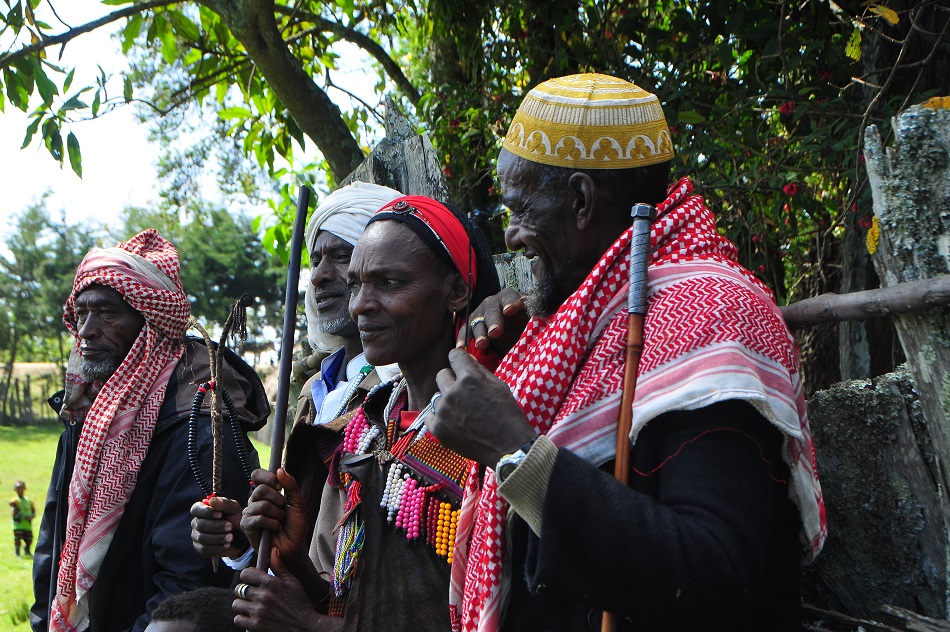The methodological approach used in extreme and crisis contexts argues that the return to normality of a community is in knowing how to recognize itself as such: the Hybrid War not only destroys infrastructure but, even before it, identities and symbols that characterize people and their communities. Cultural Diplomacy (Cultural Diplomacy) helps to reconstruct the individual and collective symbolic heritage, understood as a premise for the planning vision of the future, and acts with the tools of cooperation and communication.
This methodological line has as its objective the management of crises and the reduction of conflicts, placing at the centre of these interventions the valorization of the cultural heritage and the historical-social memory of a community or social group. The positive impact of this type of action can be found in the awareness that knowledge of one's own roots is an instrument for promoting dialogue and peace and the first factor of resilience in crisis contexts.
The cultural-interpretative change, the factors of crisis management, the specificity of resilience have been declined in a new operational model that we identify in the so-called Cultural Diplomacy Partnership that is being established by Università Cattolica. The objective is to promote Cross Cultural Country Development, understood as a process of cooperative development between the partners in the areas of crisis that requires everyone to be able to interact effectively with the bearers of a different culture, thus respecting and enhancing cultural specificities and diversity.
Consequently, the working method focuses on the cultural dimension in which local identities are expressed, a reason for stability, able to relate with other specificities of the networked world. This original model has elaborated some tools such as the Identity Based Actions, which are activities of reproduction of the culture represented in the Cultural Focal Points, intended as collections representing the material and immaterial culture of a specific local community, which are the driving force behind initiatives of cultural exchange, promotion of dialogue and mutual knowledge between the various ethnic realities involved.

